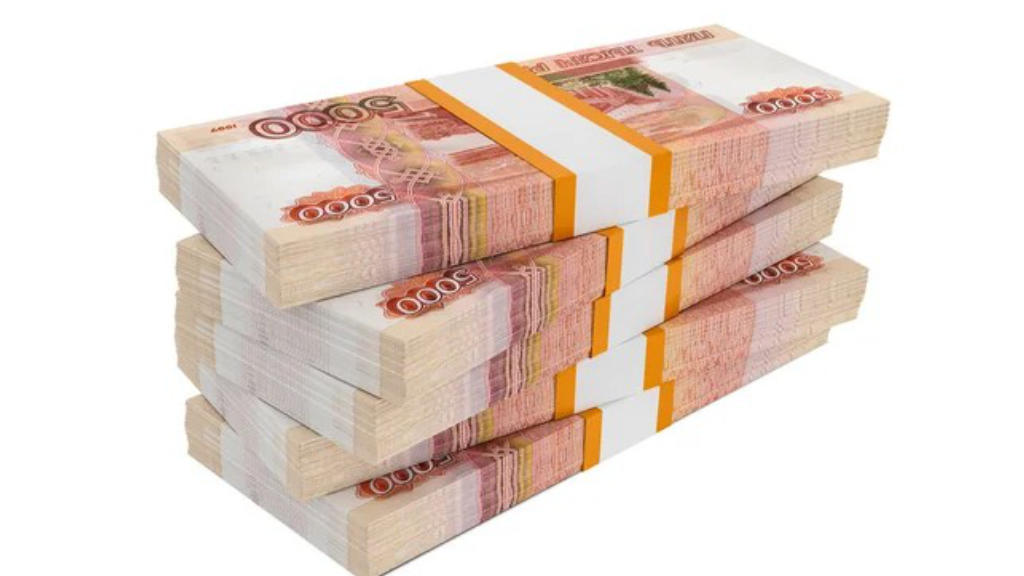Russia’s Federal Tax Service (FTS) has contributed 7% more taxes in 7M 2025, rising by ₽2.4 trillion (US$30 billion) more than the same period last year, according to FTS CEO Daniil Yegorov. Tax payments to the federal budget rose 5%. Non-oil revenues administered by the FTS increased 27% YoY (by ₽2 trillion, or US$25 billion) to reach ₽9.5 trillion (US$119.2 billion).
Yegorov said at a meeting with Russian President Vladimir Putin that “in terms of industries, the results from our manufacturing industry are good; the financial sector, the construction sector, trade, and the IT sector also made the top five in terms of contributions.”
He also said that the tax service was prepared for the changes made in 2025 to tax administration. “In terms of income tax, we have fully moved to a new system, a so-called progressive scale. We have created a system of deductions that is now valid for up to 12 days for people across all deduction categories. We have increased the amount of allowable tax deductions, which 15 million Russians will be able to access, totalling about ₽35 billion (US$439 million). The whole system is also working well.”
Yegorov said that all of the data necessary for calculating the social tax payments to be introduced for families with children had been tested with the insurance fund and that the payments would be accessible from next year based on income from the current period.
He also said that taxpayers using the simplified taxation system with income exceeding ₽60 million (US$753,000) had begun to pay VAT from the beginning of 2025. VAT is 20% in Russia, and improving its collection has resulted in the recent positive fiscal dynamics.
Due to the government’s concerns that not all taxpayers would have time to prepare for this and submit their financial statements on time, fines were waived and account transactions suspended for those who failed to do so. “However, there were 180,000 taxpayers in the first quarter; only 2% did not submit financial statements, and we are already working with them to rectify this. Overall, the whole system has worked out excellently.”
In July, the FTS was authorized to conduct analyses of organizations’ financial and economic activity. In connection with this, it developed a risk assessment service with over 50 parameters. Yegorov said, “We have created a system which will allow for the mutual assessment of counterparties. That means that the FTS can request data on anyone from the tax service and pass this on to a counterparty so that they can see what financial state they are in.” This is a Russian version of credit scoring.
Russia’s economy is also diversifying, with non-oil and gas revenues increasing by 14% year-on-year in January-July, amounting to ₽14.8 trillion (US$185.7 billion), while the collection of applicable VAT in Russia grew by 6.9% over the same period.
Russia’s tax collection and the levels of corruption and non-compliance were a problem until 2022. Since then the system has been tightened with more money circulating around the Russian national tax system, ensuring eligible taxpayers contribute, allowing better distribution of benefits where required, and creating a fairer system while also contributing to Russia’s fiscal bottom line revenues.
Further Reading
Russia 2025 Individual and Corporate Income Tax Rates

 Русский
Русский













